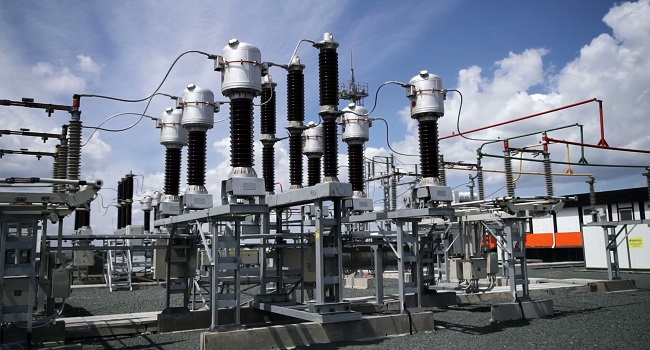Metro
Report reveals 2020 witnessed lowest system collapses in 12 years

The power sector may have recorded the lowest decline in technical hitches and power system collapses with only four incidents in 2020.
According to industry records, this is the first of such low figures in about 12 years.
This was contained in the records issued by the Federal Ministry of Power and the Independent System Operations (ISO) – the power grid managing section of the power sector – which revealed that between 2009 and 2021, the country recorded 259 cases of system disturbance.
However, the trend which spreads outages that could last for a day or two nationwide or across half of the country dropped to just four in 2020, with just one incident so far in the first two months of 2021.
Analysis of the records shows that 142 total and partial system collapses were recorded from 2009 to 2013.
The system recorded 103 others from 2014 to 2021, yet during the period, the power sector utilities were privatised. Thus in a span of almost 12 years, Nigerians have experienced widespread outages 259 times.
The record of only four collapses in 2020 marked a new milestone in the power sector.
This was less than half of the 10 recorded in 2019 in a year that industry experts expected higher figures due to issues of the COVID-19 lockdown that restricted movement which could affect power line maintenance, gas shortage to GenCos, among others.
So far in 2021, only one partial system collapse has been recorded, just as the system has recorded multiple all-time peak power generation – another milestone between 2020 and 2021, much more than it had in the past 10 years.
Read also: Nigerian govt to supply electricity to Togo from Calabar Power Plant
However, in 2020, there were four all-time peak records and three more recorded so far in 2021.
In 2020, the national grid recorded all-time power evacuation; starting with 5377.8 megawatts (MW) on August 1, and 5,420.30MW on August 19. By October 28, there was an increase to 5,459.50MW and it rose to 5,502.40MW by October 30. The grid peak capacity has increased so far this year with 5,552MW recorded on January 6, and a rise to 5,584.40MW recorded on January 7.
In his remarks, the acting Managing Director (MD) of TCN, Engr Sule Ahmed Abdulaziz, confirmed that another milestone was recorded on February 26, 2021, when the grid successfully evacuated 116,891.14 megawatts hour (MWh) of electricity supplied to consumers by the 11 DisCos, saying, “This is higher than the previous value of 116,121.42MWH that occurred on 25/02/2021 by 769.72MWH.
“TCN is optimising its available resources to better serve the DisCos and the GenCos through prompt maintenance of the existing grid network while applying best practices in completing ongoing low hanging fruits projects to improve the overall grid capacity.”
Also, the Minister of Power, Engr. Sale Mamman said the decline in system collapses was one of the focal points of the minister in ensuring that complaints of epileptic power supply to consumers were tackled.
“Gradually, Nigerians will be seeing the results of what is being done in the control rooms and substations to improve power supply.
“There are still hitches, but the government is doing its best. You are aware that the minister recently revealed that the federal government provides a N50bn subsidy monthly to the Nigerian electricity market to help the DisCos supply improved power to Nigerians.”
Join the conversation
Support Ripples Nigeria, hold up solutions journalism
Balanced, fearless journalism driven by data comes at huge financial costs.
As a media platform, we hold leadership accountable and will not trade the right to press freedom and free speech for a piece of cake.
If you like what we do, and are ready to uphold solutions journalism, kindly donate to the Ripples Nigeria cause.
Your support would help to ensure that citizens and institutions continue to have free access to credible and reliable information for societal development.
























